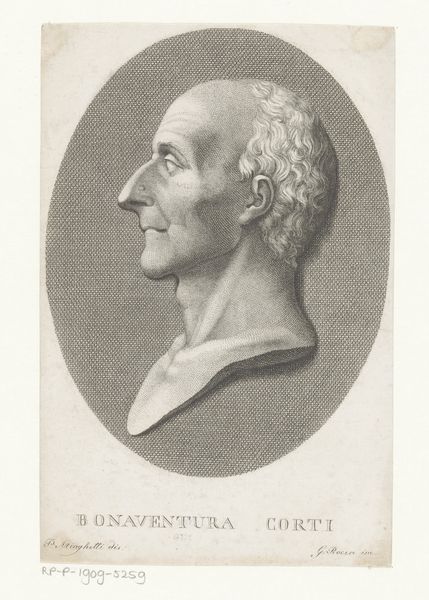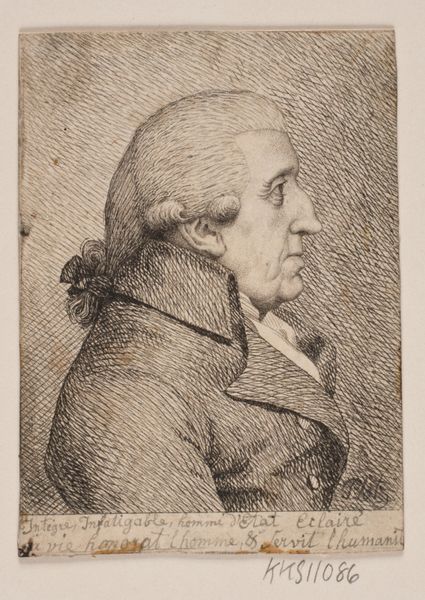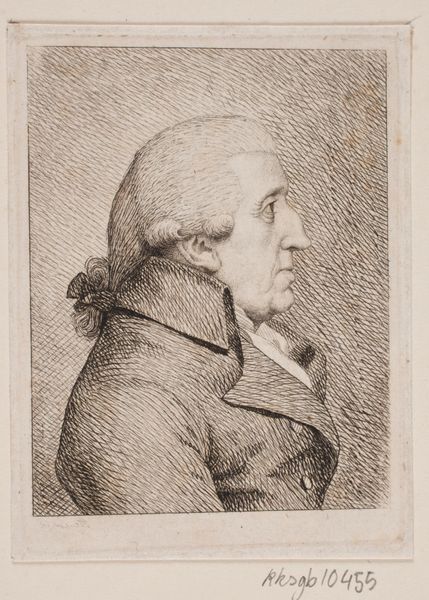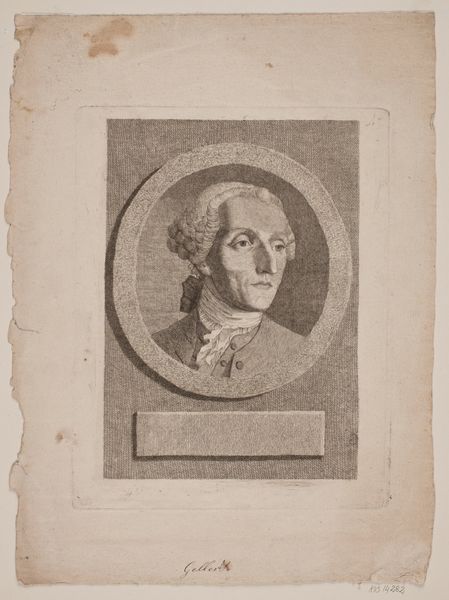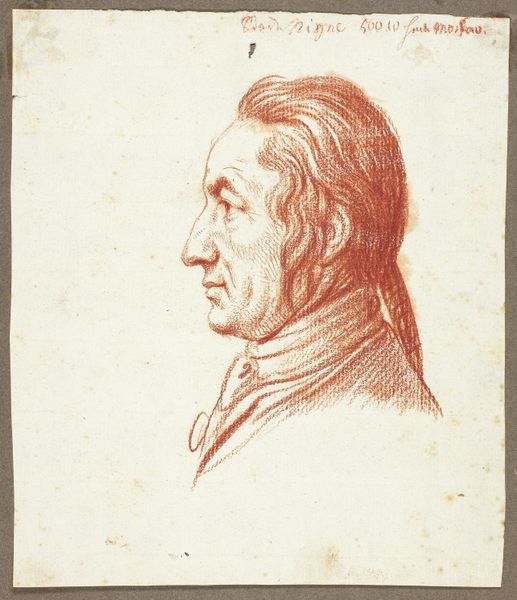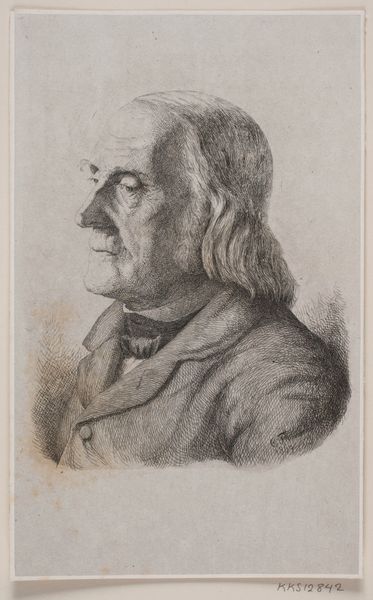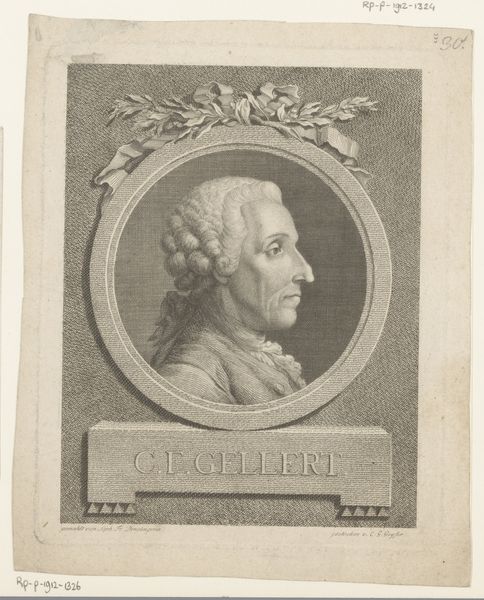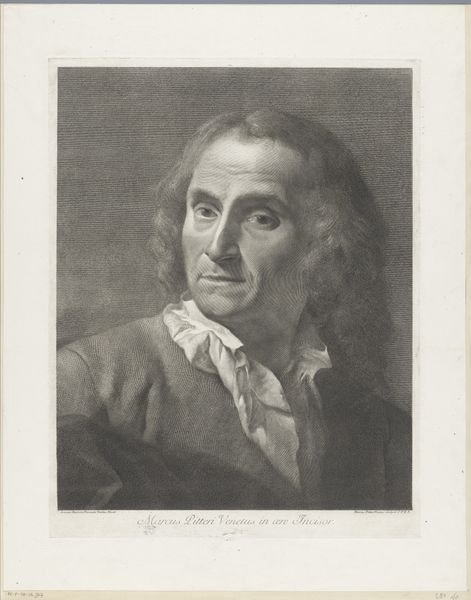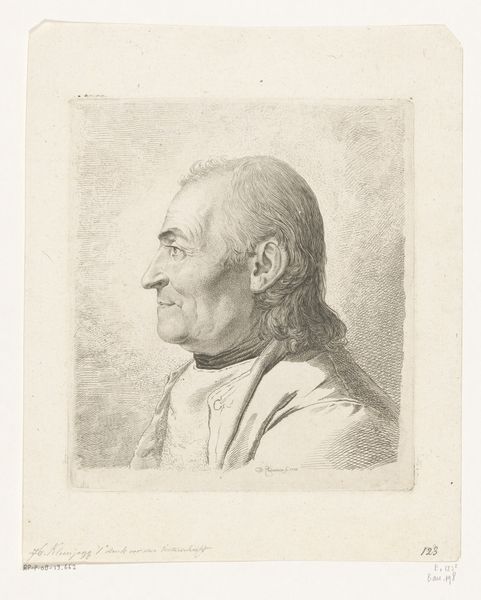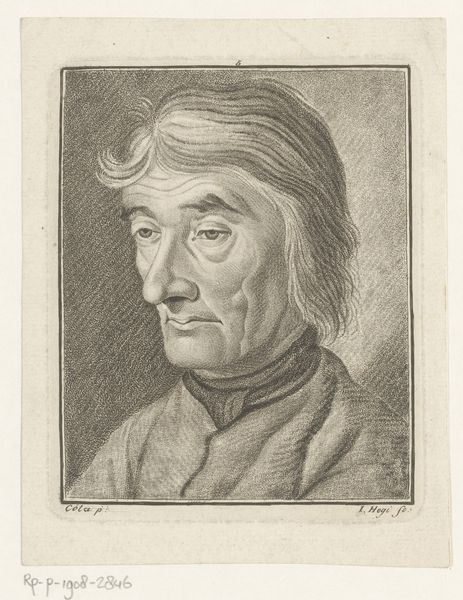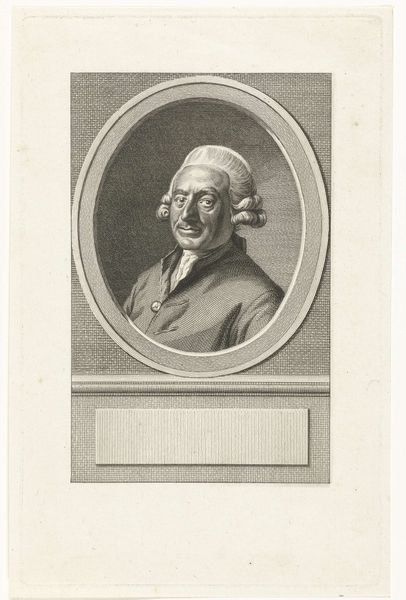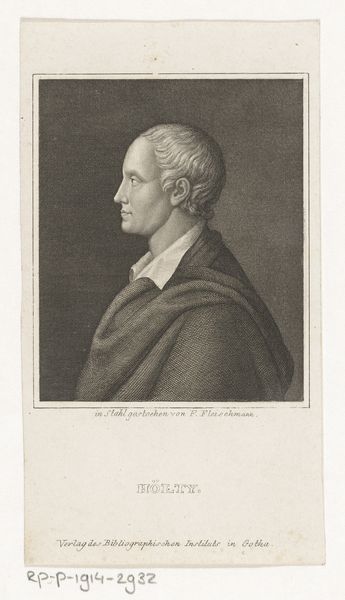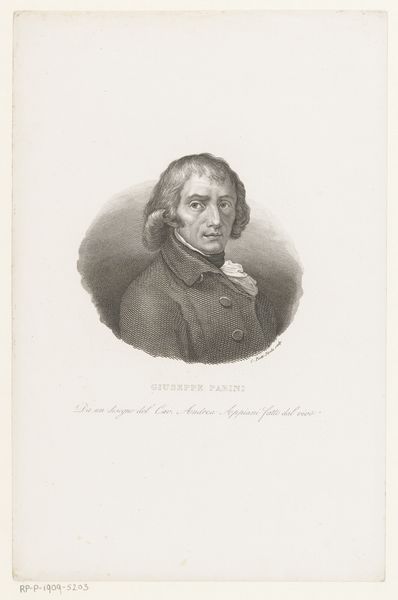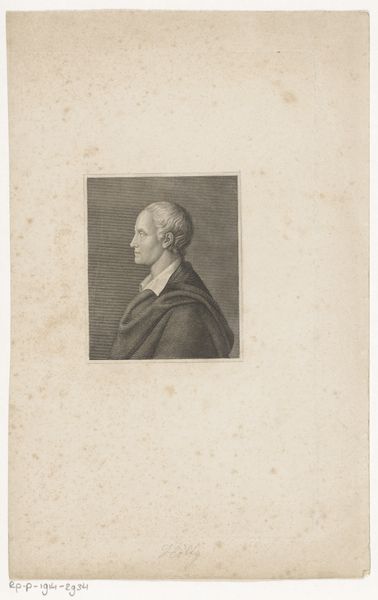
print, engraving
#
portrait
#
neoclacissism
# print
#
line
#
portrait drawing
#
facial portrait
#
engraving
Copyright: National Gallery of Art: CC0 1.0
This is William Blake’s rendering of John Caspar Lavater, a man who believed one could discern character from the contours of the face. Here, Lavater’s profile is stark, an almost mathematical study. The sharply defined nose and the tight cap are signs to be read, much like the symbols in ancient physiognomy texts. It’s fascinating how the profile, a form favored by Roman emperors, reappears here, yet stripped of overt power. Compare this to Egyptian portraiture, where the subject’s gaze meets yours, a direct assertion of presence. The profile, however, presents the individual as an object of study, a specimen. It's a recurring motif—from coins to Renaissance portraiture—each time subtly shifting in meaning, echoing humanity’s relentless need to categorize and understand itself. What primitive, primal memory lies beneath the surface of that profile, engaging us still? How does the act of reducing a person to a line draw forth a mix of control and curiosity, revealing the tensions between objectivity and our deep-seated fears of being similarly defined?
Comments
No comments
Be the first to comment and join the conversation on the ultimate creative platform.
